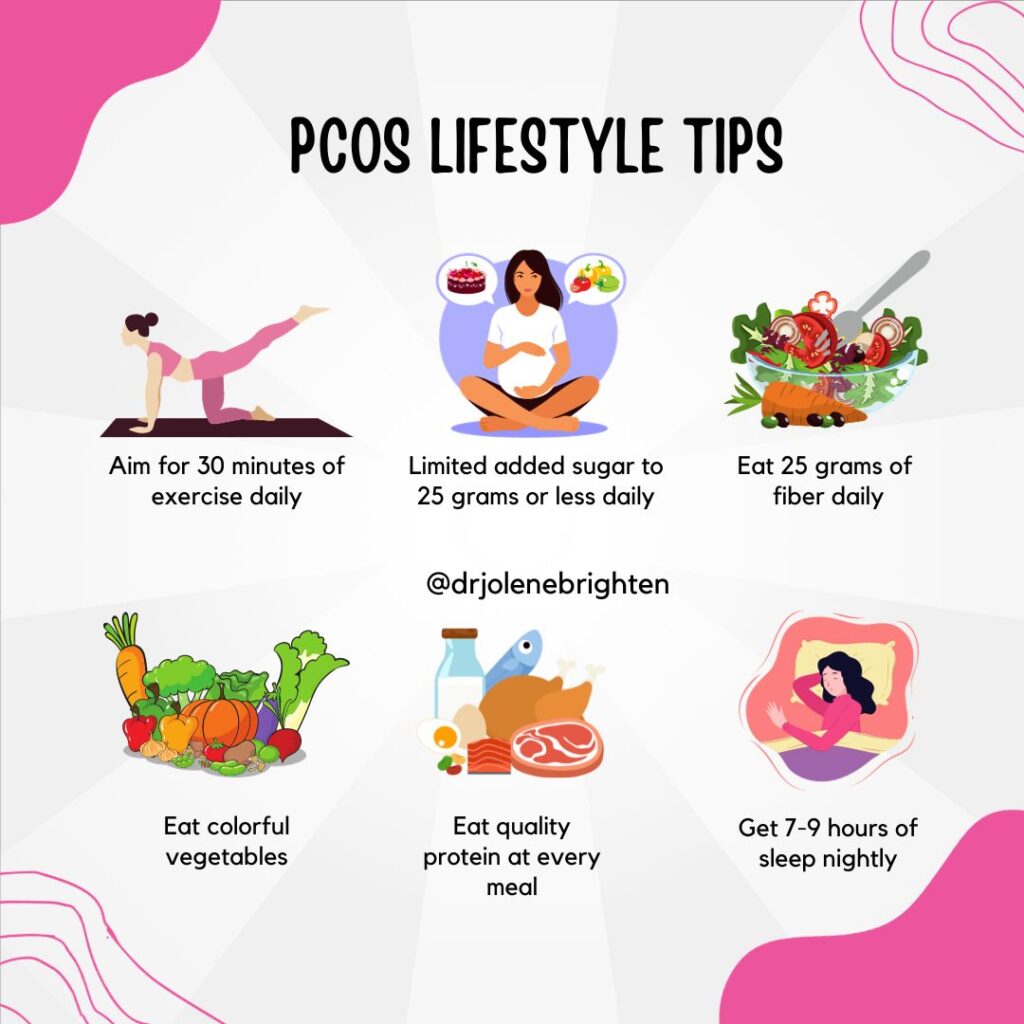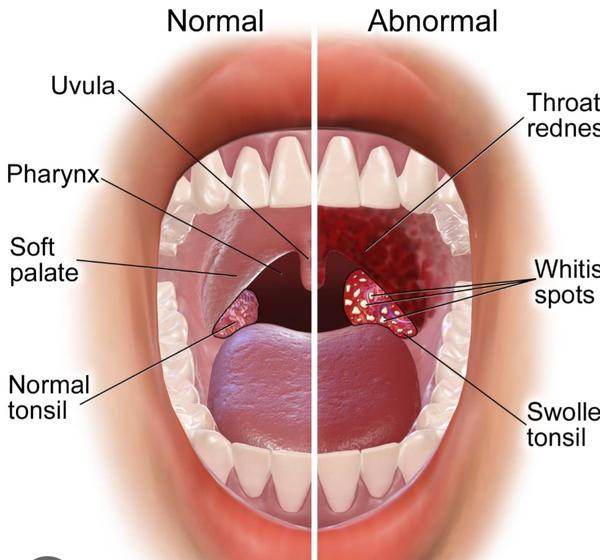Polycystic Ovary Syndrome (PCOS) affects many women worldwide, and one of the most common challenges faced by those with PCOS is managing weight. If you’re struggling with weight gain or difficulty losing weight due to PCOS, you’re not alone. The hormonal imbalances associated with PCOS can make it harder to shed those extra pounds. However, with the right approach, it’s definitely possible to manage your weight and improve your overall health.
Here are 9 helpful ways to lose weight with PCOS, while focusing on sustainable, long-term results.

1. Prioritize a Balanced, Nutrient-Dense Diet
When managing PCOS, the foods you eat play a huge role in how you feel and your ability to lose weight. Focus on a balanced diet that includes:
- High-quality proteins: Think lean meats, fish, eggs, tofu, and legumes.
- Healthy fats: Include sources of omega-3s like fish, avocado, nuts, and seeds.
- Fiber-rich vegetables: Crucial for balancing blood sugar and promoting fullness.
- Complex carbs: Choose whole grains, quinoa, sweet potatoes, and brown rice over refined carbs like white bread and pasta.
Eating nutrient-dense meals helps regulate blood sugar levels, which can be erratic with PCOS, and can support weight loss.
2. Control Your Carbs
Women with PCOS often struggle with insulin resistance, which means your body has trouble processing sugar. This can lead to increased fat storage. By focusing on low-glycemic carbs, such as leafy greens, berries, and whole grains, you help your body manage insulin levels more effectively.
Avoid foods with high sugar content or refined carbohydrates, which can cause spikes in insulin levels and hinder weight loss efforts.
3. Stay Active with Regular Exercise
Exercise is a powerful tool in managing PCOS. Regular physical activity helps improve insulin sensitivity, regulates hormones, and boosts metabolism, all of which can aid weight loss. The key is consistency.
- Strength training: Building muscle through strength exercises can increase your metabolism and help you burn fat.
- Cardio exercises: Activities like walking, cycling, or swimming are great for burning calories and improving heart health.
- Yoga and Pilates: These can help reduce stress, which is often heightened in women with PCOS.
Aim for at least 150 minutes of moderate to intensive exercise every week.
4. Manage Stress Effectively
Stress can worsen symptoms of PCOS by elevating cortisol levels, which in turn can lead to weight gain, especially around the abdominal area. Managing stress is essential in your weight loss journey.
- Meditation and mindfulness: Even just 5-10 minutes a day can help calm the mind and lower cortisol levels.
- Breathing exercises: Deep breathing techniques can help reduce anxiety and stress.
- Adequate sleep: Make sure you’re getting 7-9 hours of quality sleep each night to help regulate stress hormones and metabolism.
5. Incorporate Healthy Fats in Your Diet
Healthy fats, especially omega-3 fatty acids, can be particularly beneficial for women with PCOS. Omega-3s are found in foods like salmon, chia seeds, flaxseeds, and walnuts. They help reduce inflammation, improve insulin sensitivity, and support hormone balance. Including healthy fats in your meals can also make you feel full and satisfied, which may prevent overeating.
6. Consider Supplements
Some supplements have been shown to help women with PCOS manage their weight. While it’s essential to talk to your doctor before starting any new supplement, here are a few to consider:
- Inositol: A supplement that has been shown to improve insulin sensitivity and help with ovulation, making it useful for women with PCOS.
- Vitamin D: Low levels of vitamin D are often linked to PCOS, and supplementing it may improve insulin sensitivity.
- Magnesium: Helps regulate blood sugar and is often low in women with PCOS.
7. Stay Hydrated
Water is crucial for overall health, and staying hydrated can also support weight loss. Drinking plenty of water helps flush out toxins, supports digestion, and can help control hunger. Aim for at least 8 glasses of water a day, and if you’re active, you may need more.
8. Track Your Progress
Keeping track of your diet, exercise, and how you’re feeling can be incredibly helpful in managing PCOS and weight loss. Use an app or a journal to note what you’re eating, how much you’re moving, and any changes in your body or mood. Tracking can help identify patterns, motivate you, and help you adjust your approach if necessary.
9. Be Patient and Focus on Long-Term Changes
Losing weight with PCOS can be slow, and that’s okay. Instead of focusing on quick fixes or rapid results, it’s important to embrace sustainable lifestyle changes. Building healthy habits—like eating balanced meals, moving regularly, and managing stress—will have long-term benefits for your health, hormone balance, and weight management.
Final Thoughts
While losing weight with PCOS may feel challenging, it’s entirely possible with the right strategies. Focus on making small, sustainable changes to your diet, exercise routine, and lifestyle. Be kind to yourself, stay patient, and celebrate your progress, no matter how small. With time and persistence, you can improve both your health and your relationship with your body.
Remember, every woman’s journey with PCOS is unique. What works for one person might not work for another, so it’s important to listen to your body and consult with a healthcare provider for personalized advice. You’re in control of your health, and with the right support, you can achieve your goals.
Dr. Khushboo V Sharma
BAMS, CGO
Director at Kaith Hospital


